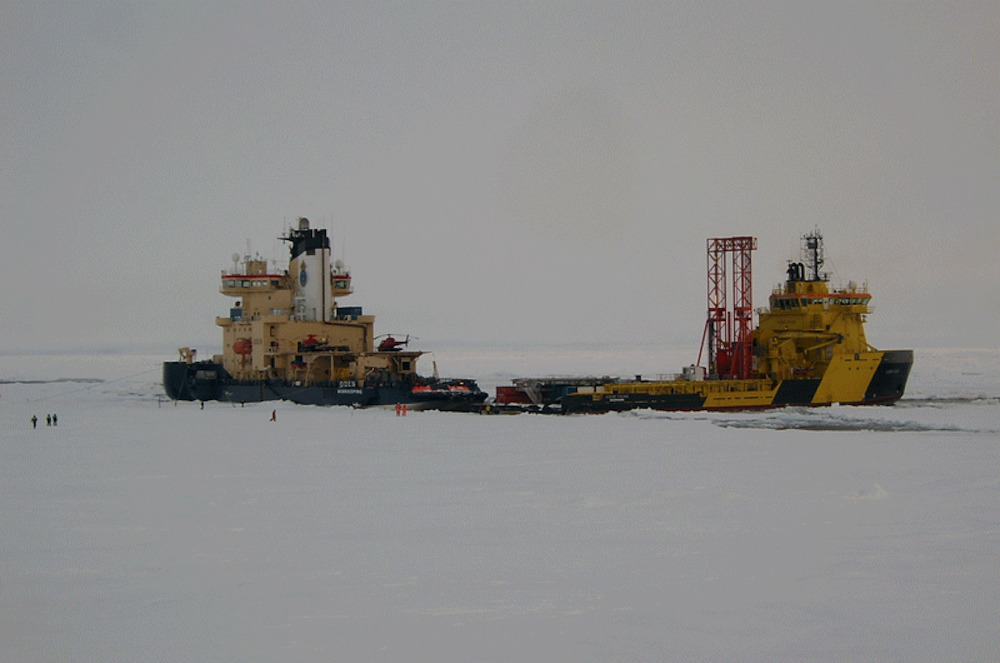A new Swedish-led expedition will dig into the Arctic’s climate history
Sediment samples from Arctic Ocean floor to help scientists understand past climate transitions.

How would the ecosystem of the central Arctic Ocean respond if its cover of permanent sea ice was to be lost for good? And what would that mean for the rest of the planet?
Those are questions scientists will seek to answer next summer during a Swedish-led expedition that will retrieve 50-million-year-old sediment samples from the underwater Lomonosov Ridge connecting Greenland and Siberia.
The Arctic Ocean Paleoceanography Expedition (ArcOP), taking place in August and September of next year, will collect sediment cores that scientists will later use to understand how the Arctic’s climate has changed throughout the Earth’s history.
Understanding the past will allow them to make more accurate predictions of how the Arctic will respond to global warming and how that will contribute to climate degradation.
“The Arctic Ocean is a very sensitive and important region for global climate change, and is unique in comparison to the other oceans on Earth,” the Swedish Polar Research Secretariat said in a statement. “Despite this global importance, the Arctic Ocean is the last major region on Earth where the long-term climate history remains poorly known.”
[‘The ice is dying,’ warns researcher as largest ever Arctic expedition concludes]
ArcOP will be looking specifically at the period leading up the start of the Earth’s current icehouse period, a stage in geological history during which the atmosphere has lower concentrations of greenhouse gases and lower temperatures than their opposite stages, hothouse periods.
The Earth, according to scientists, is currently in an icehouse period that began 34 million years ago, when it transitioned from a the most recent hothouse period.
The work will be carried out by a scientific drilling vessel, while two icebreakers will be required to manage ice floes in the expedition area. The same multi-vessel approach was first used in the Swedish-led Arctic Coring Expedition in 2004, that next year’s research will be based on.